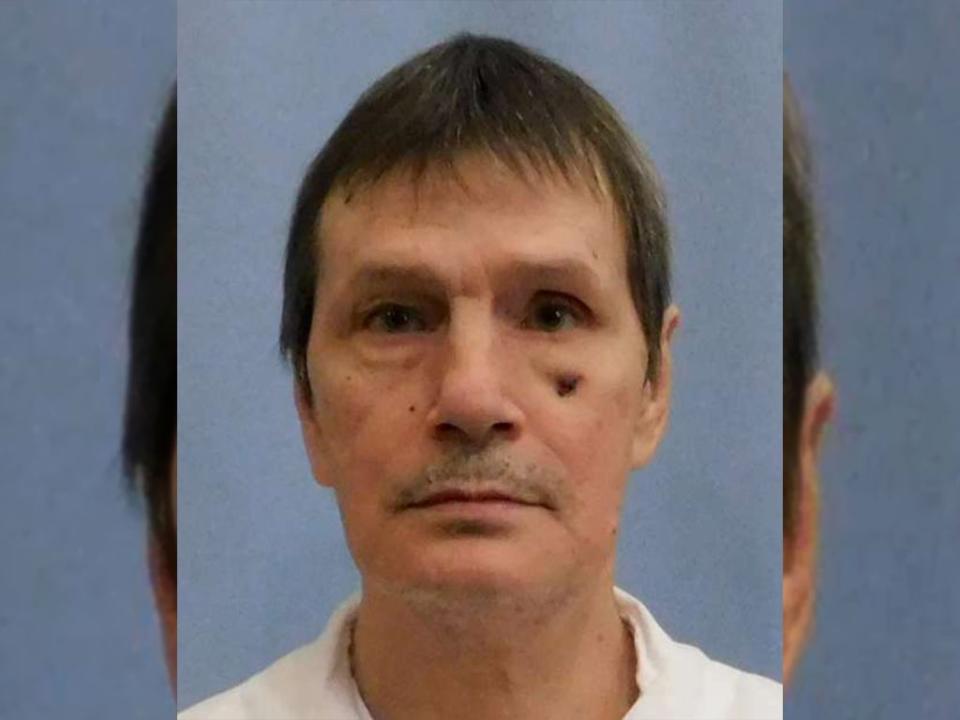Murderer, 64, dies of cancer four years after surviving botched execution

A three-decade death row inmate in Alabama has died of cancer four years after his sentence was postponed thanks to an excruciating failed execution.
Doyle Hamm, 64, had been awaiting execution since he was convicted of murder in 1987, and was already terminally ill with lymphatic cancer when his execution was finally scheduled in 2017.
When prison staff attempted to carry it out the following year, they not only failed to kill him but subjected him to a two-and-a-half hour ordeal of excruciating pain while they tried to find a vein through which he could be injected with lethal drugs.
After the failed execution, Mr Hamm’s team filed a medical report detailing the injuries he sustained and the intensity of his suffering during the event, which they said “can only be accurately described as torture”.
Mr Hamm’s team had argued that the combination of cancer diagnosis and treatment with decades of intravenous drug use had made his veins impossible to access for injection, but the Alabama attorney general countered that his cancer was in remission. The lawyers also argued that it was “inhumane to execute somebody who’s at the end of his life suffering and battling with cancer”.
After the incident, Mr Hamm’s legal team reached an agreement with the state not to set any date for a future execution in return for their dropping all legal challenges.
Mr Hamm’s experience with the botched procedure – which ran into exactly the problems predicted by a medical expert who examined him – came as lethal injection execution was under severe national pressure. Oklahoma was still holding off on using the method after botched executions in 2014 and 2015 left inmates in agonising pain for long periods of time.
Death penalty defenders often rely on the argument that execution in itself does not constitute “cruel and unusual punishment” and is thus not a violation of the US Constitution’s Eighth Amendment, but the separate question of whether a specific execution protocol crosses the line is harder for them to answer.
Oklahoma did not schedule another lethal injection execution until late 2021, when John Marion Grant had his sentence carried out after more than two decades. Reporters who witnessed it said that he visibly convulsed and vomited during the 12-minute execution.
The Biden administration this summer placed a moratorium on federal executions pending a “review of the Justice Department’s policies and procedures”.
The Independent and the nonprofit Responsible Business Initiative for Justice (RBIJ) have launched a joint campaign calling for an end to death penalty in the US. The RBIJ has attracted more than 150 well-known signatories to their Business Leaders Declaration Against the Death Penalty - with The Independent as the latest on the list. We join high-profile executives like Ariana Huffington, Facebook’s Sheryl Sandberg, and Virgin Group founder Sir Richard Branson as part of this initiative and are making a pledge to highlight the injustices of the death penalty in our coverage.

